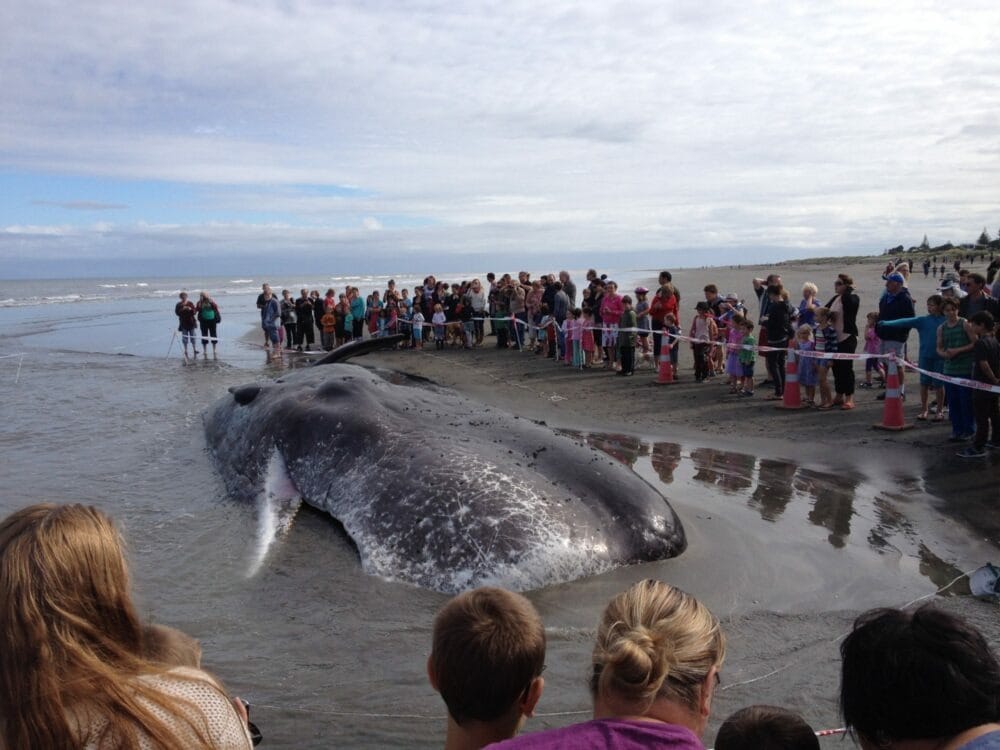Human actions are causing Earth's natural life support systems to reach a breaking point, threatening 1 million plant and animal species with extinction in a challenge as colossal as the climate crisis.
Devastating human negligence has caused a dire nature emergency for plants and animals large and small, the 132-nation IPBES organization reported on Monday based on the work of 145 wildlife experts from 50 countries over the past three years, with inputs from another 310 contributing authors.









